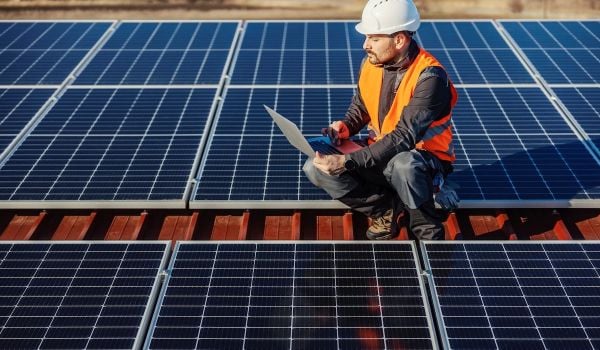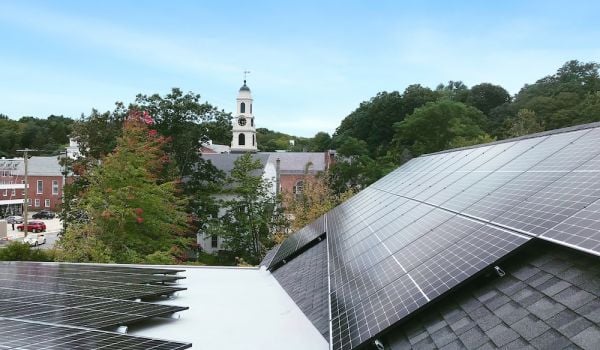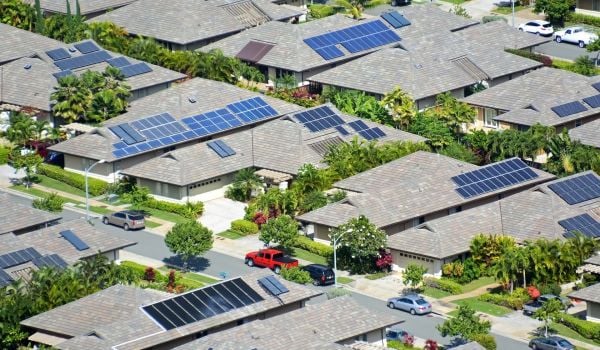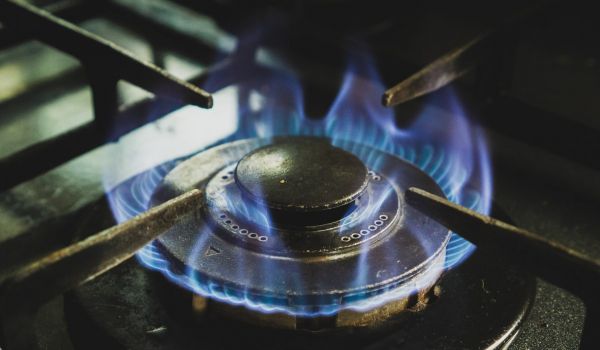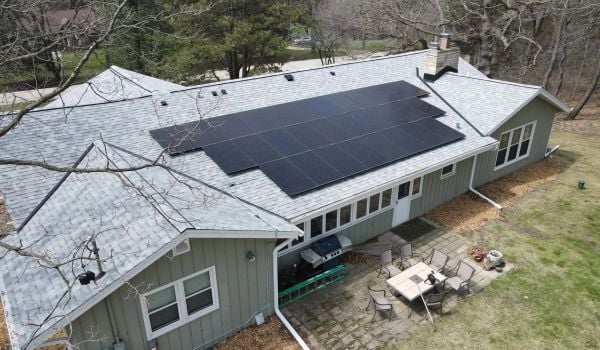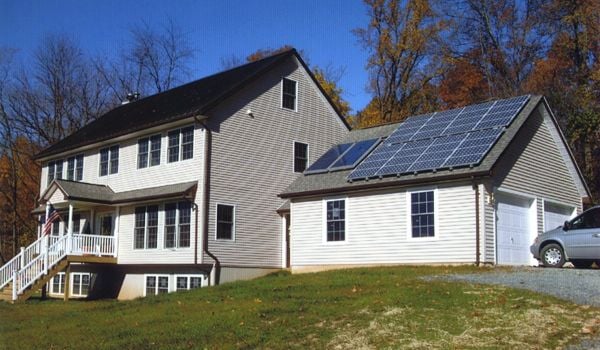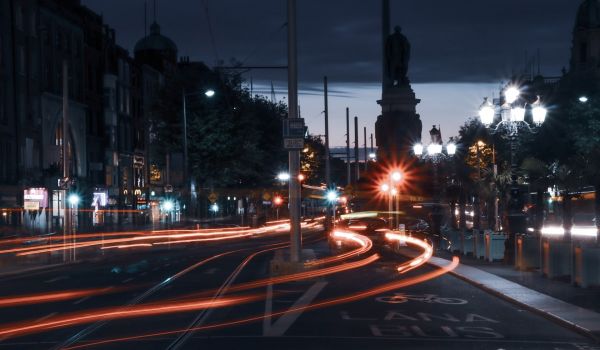“What does New York City have in common with cities in Africa and Asia, like Mumbai, Seoul, Jakarta, Lagos, Cairo and Kinshasa? Population growth, aging and environmental pressures will transform these metropolises by 2050, according to a panel of experts who took up the issue of “sustainable cities” at a panel discussion.
“The members of the panel — a population scientist, a deputy mayor and an architectural critic — made sobering predictions about urban change over the next several decades.”
“Snow storms are much like standup comedians, timing means a lot. Nobody’s laughing at Nature’s punch line to today’s storm. This one is peaking during evening rush, and in this case the word “rush” should not apply…
“While snow has no political agenda, per se, the storm also figured into the environmental debate. A new study blames global warming for the increasing intensity of storms, both rain and snow. “In Minnesota we experienced a 34 percent increase in extreme rain storms and snow storms between 1948 and 2006,” Monique Sullivan of Environment America told reporters at the Capitol. The group studied weather data for the past 60 years and found that, while we’re not getting more wet weather, overall it’s coming in bigger doses.”
“Perhaps the most valuable property of solar and wind energy is that it is decentralized. Panels can be mounted on any building with a flat or gently slanting roof that can support them, or on poles set in the ground. The power is generated where it is used and thus eliminates the need for long distance power transmissions lines.
“When public or diesel power fails, those with solar and wind power will be able to continue to function. In many communities in Africa where there is no public power, these medical facilities will be able to provide medical and emergency care when and where they are most needed.”


